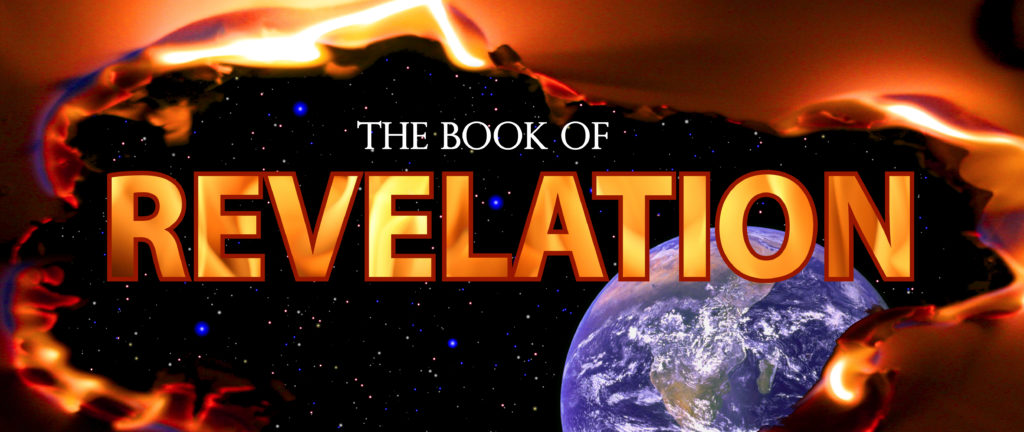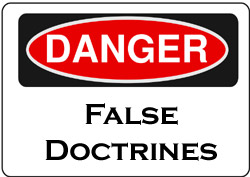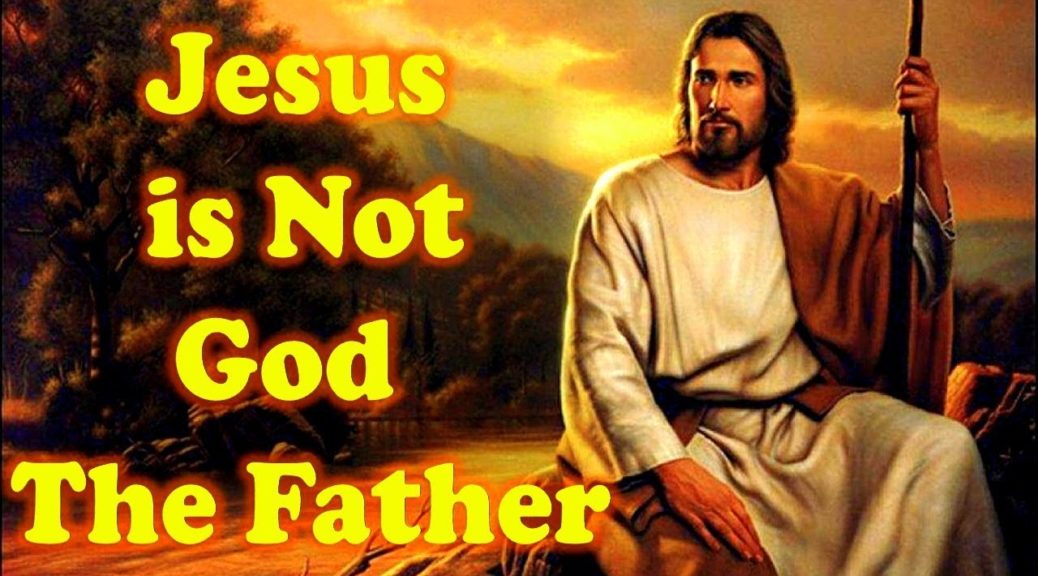
It is often stated by those in authority in churches that God is a Trinity, and evidence of this is found throughout the entire Bible. There are twelve Bible books that aren’t used as much as other Bible books, called the Minor Prophets. Is the Trinity doctrine found in the Twelve Minor Prophets?
“The Father eternal, the Son eternal, the Holy Spirit eternal. The Father is God, the Son is God, and the Holy Spirit is God. And yet, there are not three Gods, but one God”—Athanasian Creed
The statement quoted above is said to be the primary belief of most Christian groups. If this is true, then we should find some evidence of it throughout the Bible.
The 12 relatively short Bible Books called “the minor prophets”, from Hosea to Malachi, make many references to Almighty God “Yahweh”, but no references to Jesus Christ by name, and some references to God’s spirit, or the holy Spirit. Do the twelve Minor Prophets support the Trinity doctrine?
There is one famous reference to Jesus, in a verse which predicts his birthplace, and mentions something very significant about his existence in doing so:
“But you, O Bethlehem of Ephrathah, who are one of the little clans of Judah, from you shall come forth for me one who is to rule in Israel, whose origin is from of old, from ancient days” read more

 The Bible’s final book, Revelation, predicts the future for the Church and humankind. The Trinity doctrine is said to be the main doctrine of Christianity, so we would expect to find the Trinity in Revelation, if the doctrine is true. The very first verse of the Book of Revelation gives us a clue as to the answer to the question of whether the Trinity doctrine is in Revelation:
The Bible’s final book, Revelation, predicts the future for the Church and humankind. The Trinity doctrine is said to be the main doctrine of Christianity, so we would expect to find the Trinity in Revelation, if the doctrine is true. The very first verse of the Book of Revelation gives us a clue as to the answer to the question of whether the Trinity doctrine is in Revelation:




